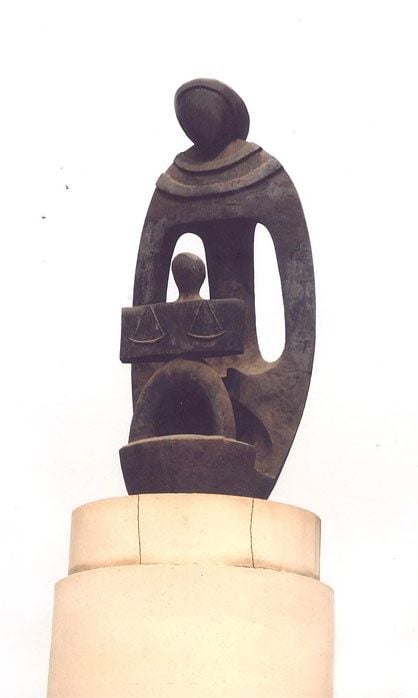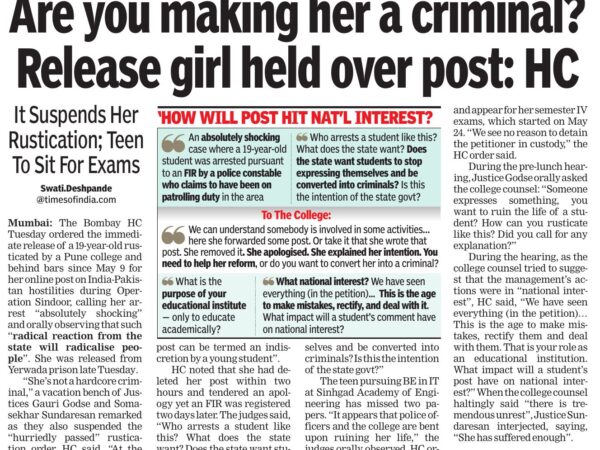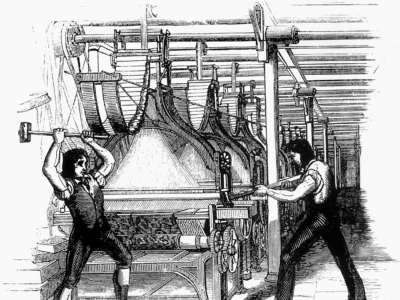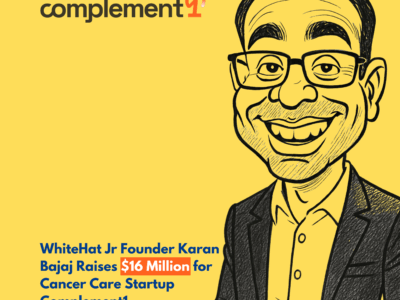“…the applicant had not been vigilant and has acted irresponsibly making her open to criminal prosecution in permitting streaming of a movie which is against the fundamental rights of the majority of citizens of this country and therefore, her fundamental right of life and liberty cannot be protected by grant of anticipatory bail to her in the exercise of discretionary powers of this court.”
~ The Allahabad High Court (25 February 2021), rejecting anticipatory bail to Amazon Prime’s India head Aparna Purohit.
(i) right to equality (Articles 14 to 18),
(ii) right to freedom (Articles 19 to 22),
(iii) right against exploitation (Articles 23 and 24),
(iv) right to freedom of religion (Articles 25 to 28),
(v) cultural and educational rights (Articles 29 and 30), and
(vi) right to constitutional remedies (Article 32).
In effect, the plaintiffs are claiming, “A secondary or tertiary character in one of several thousand scripts for fictional stories broadcast on a platform that people need to literally actively pay for in order to view, and must then specifically search for that particular story and request that it be played for them, fleetingly says a line about a mythological character in a made-up story (play) within that fictional story being broadcast, and because of that we feel that we must become violent since we are not mature adults capable of controlling our own emotions and must not be held responsible for our actions of physically hurting others for a line in such a fictional play in a fictional story on a paid platform; so would the honourable court please lock up everyone involved in the conceptualisation, scripting, production, distribution, and marketing of the entire platform on which this particular fictional program with this particular fictional play has a fictional character mouth the offensive line was broadcast?”
This is a laughable claim. However, the tragedy isn’t that someone asked for such a decree from the honourable court. The tragedy is the honourable court, no doubt in its immense wisdom, decided that it is worth their time and effort (not to mention our tax money) to entertain such a petition and start quoting from the Constitution…not to the complainants, mind you, who seem to have brought a transparently frivolous and completely fatuous suit to a court of justice undoubtedly busy with weightier matters involving actual life and death involving actual violation of a real person’s actual fundamental rights by other, more powerful real people and institutions…but to the defendants asking for bail (which, not to put too fine a point on it, is supposed to be considered perfectly usual, as in, “bail is the norm, jail is an exception”) and calling them (the defendants, and not the plaintiffs) ‘irresponsible’ in a case that is obviously a silly and wasteful expenditure of this court’s attention and this nation’s sparse resources.
And then, I realise that we have Supreme Court Chief Justice who asks a rapist to marry the victim as compensation for the rape and as a condition for the honourable judge to consider mercy. And I cry.


















